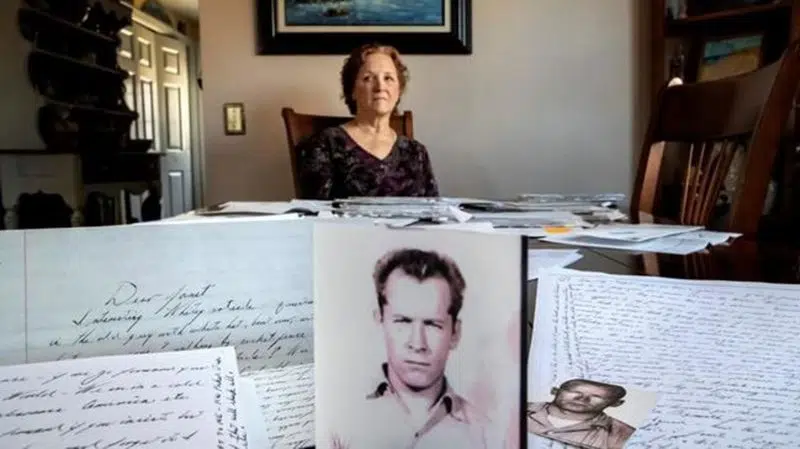
Whitey Bulger juror says she regrets murder conviction
EASTHAM, Mass. — The notorious crime boss James “Whitey” Bulger terrorized Boston from the 1970s into the 1990s with a campaign of murder, extortion, and drug trafficking, then spent 16 years on the lam after he was tipped to his pending arrest.
In 2013, Janet Uhlar was one of 12 jurors who found Bulger guilty in a massive racketeering case, including involvement in 11 murders, even after hearing evidence that the mobster was helped by corrupt agents in the Boston office of the FBI.
But now Uhlar says she regrets voting to convict Bulger on any of the murder charges.
Her regret stems from a cache of more than 70 letters Bulger wrote to her from prison, some of which describe his unwitting participation in a secret CIA experiment with LSD. In a desperate search for a mind control drug in the late 1950s, the agency dosed Bulger with the powerful hallucinogen more than 50 times when he was serving his first stretch in prison — something his lawyers never brought up in his federal trial.


